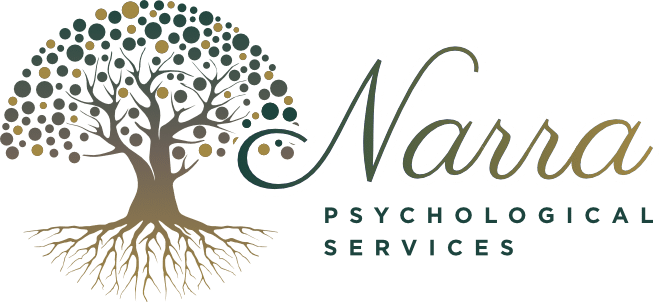Approach
"As you start to walk on the way, the way appears." - Rumi
Attachment theory and Systems theory inform a major part of how I approach therapy. These theories share the concept that our relationships and contexts (i.e., community, culture, school, work, family) influence the development of our behaviours, thoughts and feelings; it also contributes to how we relate to others as well as how we perceive our own sense of self.
Clients may find that part of the work in therapy includes identifying and understanding the purpose of patterns and coping strategies that may have developed due to earlier life stressors and traumatic experiences; we work to modify the patterns that negatively impact well-being and we identify beliefs about self, others and the world, that contribute to feeling stuck. Together, we deepen understanding of the self and build tolerance for the discomfort and distress that can rise from life events, transitions and challenges; we may then increase capacities to manage struggles with presence and clarity rather than manage them with fear and avoidance.
My main modality is Sensorimotor Psychotherapy (SP); a body-centred approach that incorporates a holistic view of the person and their experiences, seeking to enhance awareness and greater control of behavioural, emotional and physical responses. SP can be used to treat symptoms of trauma, anxiety, depression and other issues that may be rooted in defensive and coping strategies of survival or arising due to early developmental trauma/injuries. This method is informed by somatic therapies, attachment theory, mindfulness, cognitive psychology and interpersonal neurobiology. Additionally, I incorporate techniques from Cognitive Behavioural Therapy, Mindfulness Based Cognitive Behavioural Therapy, Narrative Therapy and Gestalt Therapy for my work with individuals.
For my work with children, I use Play Therapy, Sandtray as well as Theraplay (especially for clients 3-4 years old). I also borrow techniques from Adlerian Play Therapy. Sensorimotor Psychotherapy and Cognitive Behavioural Therapy offers techniques that can be used for children, and I include these when appropriate. I also use expressive arts to process and help children communicate what they are going through; these modalities include painting, drawing, clay, paper mâché, collages and music.
As for couples, I borrow from Emotionally Focused Therapy; it too, incorporates attachment theory and seeks to repair a couple’s relationship through the restructuring of their emotional experiences and interactions. A few goals in this modality include improving a couple’s conflict dynamics and communication patterns, as well as establishing/re-igniting the couple’s intimate connection through emotional awareness, regulation and understanding.
At the end of it, I take your lead and focus on the areas you want to explore. My job is to keep us focused on the work and tie our sessions back to why you came to therapy in the first place. I provide a safe, non-judgemental space as well as take opportunities to progress the work, in a gentle and systematic way. I believe clients have innate wisdom, power and expertise to identify what they want to change and the capacity to make those desired changes.


